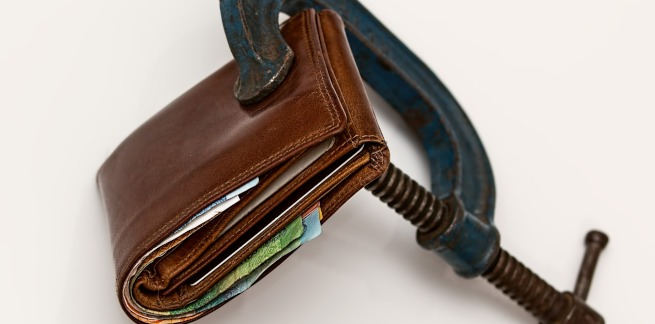The Commonwealth Bank’s Household Spending Intentions (HSI) Index revealed spending in the home-buying category fell by 21.5 per cent after gains in February and March, and was 13.1 per cent lower than in April last year, marking a “normalising” of spending patterns post-COVID.
The fall in expenditure in home-buying is a stark change from February results that saw an increase of 29.6 per cent increase month-on-month, with people rushing to purchase ahead of a cash rate rise.
Despite interest rates now on the upward bend, senior economist Belinda Allen said the Australian economy is in a strong position.
“We are seeing a post COVID normalisation of consumer spending patterns, with lower spending on categories that increased during lockdowns like health & fitness, while higher travel and entertainment spending reflects more people being out and about,” Ms Allen said.
“We expect a fairly shallow hiking cycle, with further interest rate hikes in June, July, August and November 2022 and one final hike in February 2023 taking the cash rate to 1.60 per cent.”
Going forward, Ms Allen said it will be important to watch discretionary spending categories like home buying, motor vehicles, retail and entertainment to judge the impact of interest rate rises.
But the high level of household savings accrued during COVID, along with a tight labour market and wages growth accelerating, will assist families with higher mortgage repayments over the coming months, she said.
With the reopening of state and international borders, travel spending reached a new record high in April and exceeded its pre-COVID peak, gaining 10.6 per cent during the month and 41 per cent on April 2021.
This uptick in travel spending included travel agents, airlines, cruise ships, tourist attractions, hotels & motels and bus lines, with a decline in camper & RV rentals.
Health & fitness spending fell by 14 per cent, but is still up 2.9 per cent year-on-year, while retail spending rose by 0.3 per cent – marking a “strong reading” with April normally a seasonally weak month.
Transport spending fell by 8.6 per cent largely due to the reduction in the petrol excise and lower fuel costs, but remains 13.5 per cent higher over the year.
Entertainment spending rose by 6 per cent in April led by increased activity in record stores, concerts and theatre alongside eating & drinking out, but remained 1.8 per cent lower year-on-year.
[Related: Mortgage price wars to rage on through rate rises]
 ;
;
